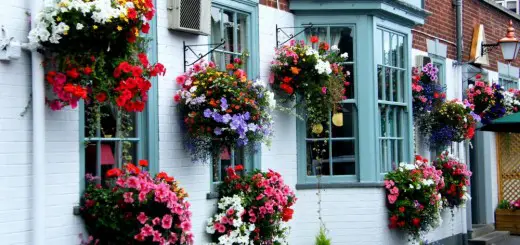A few unknown facts about dandelion
They grow everywhere, on natural lawns or in the gardens, in any other area of greenery that comes up in every corner. Dandelion is ubiquitous and this is precisely the reason why we don’t give it special importance. But her role in nature is well defined, as we shall see below, and the qualities of this plant are numerous and, unfortunately, little known. Here are a few unknown facts about dandelion:
We mentioned in another article that one of the trends now in big cities is creating a pollinator garden, namely to protect insects, more specifically through cultivating those plants that sustain pollinating insects. Thanks to pollination carried out by insects, people benefit from healthy crops, which is essential for agriculture. A big problem now for the environment is the decrease in the number of pollinating insects, and to maintain a constant number of these species they are now bred in farms, in order to sufficiently pollinate plants in fields, orchards and greenhouses.
Well, dandelion is perhaps the best friend of these pollinating insects. From early spring until late autumn, this plant is in flower for most of the year. The peak period is from March to May, exactly when the bees and other pollinating insects come out of hibernation. Every dandelion flower, say specialists quoted by The Guardian, contains some 100 stamens with pollen and nectar. For this reason dandelion is, especially in early spring, a vital source of food for pollinators.
Many of us see it only as a weed and when we cut the lawn we fail to think that dandelion has a very important role in the cycle of nature, especially in the current context of the aggressive industrialization and urbanization, with direct effects on the environment. All the more in the big cities, where the green pockets in the sea of asphalt must be protected.
If you are not fully convinced of the role dandelion plays in all this process of pollination, then you should also know that young leaves are edible and loaded with vitamins and antioxidants, the roots can be ground into a coffee substitute while the flowers can be made into wine. Traditionally, its sap was said to cure warts, while a tea made using its leaves helped calm stomach aches. Herbalists apparently still use dandelions to treat skin conditions, asthma, low blood pressure, poor circulation, ulcers, constipation, colds and hot flushes.


















